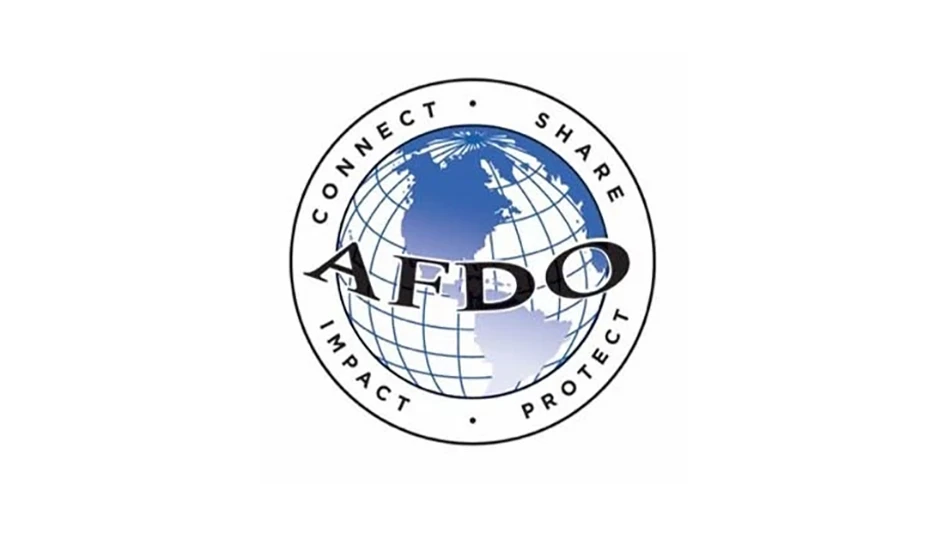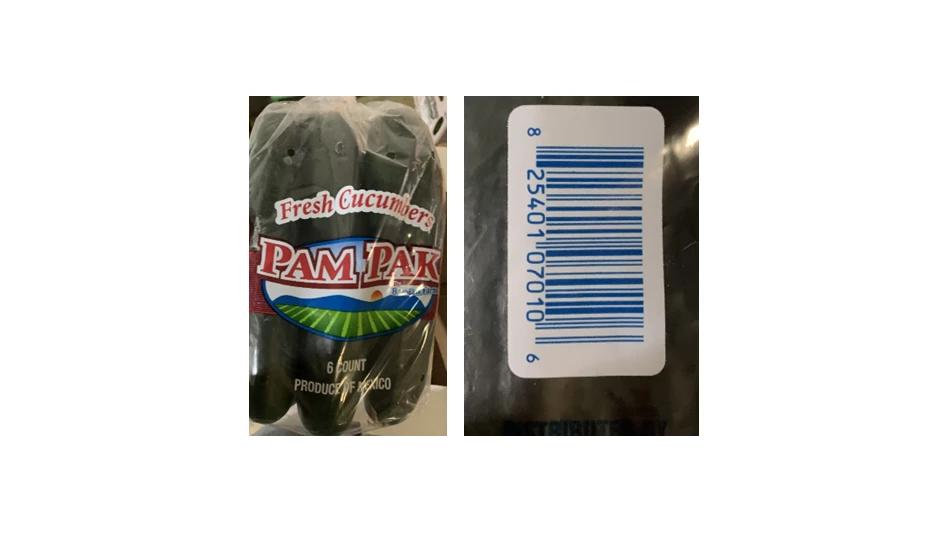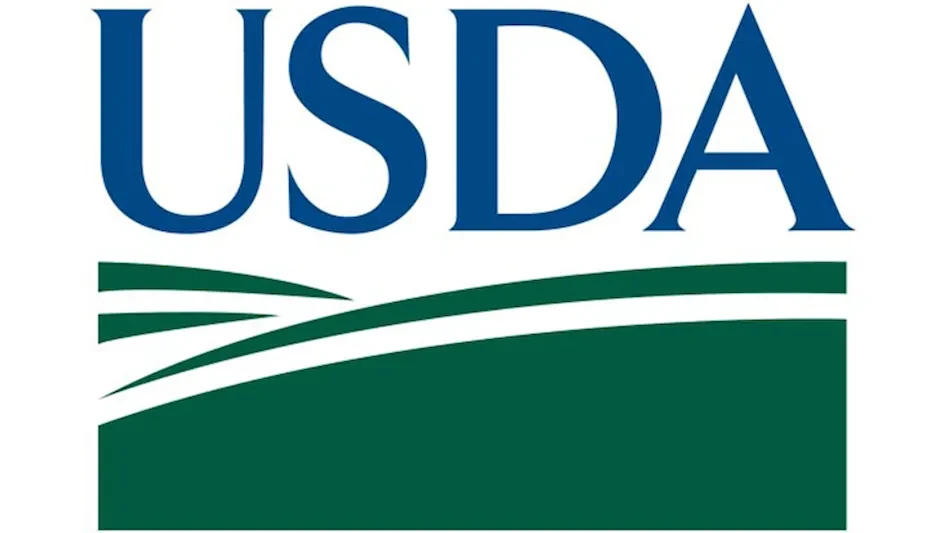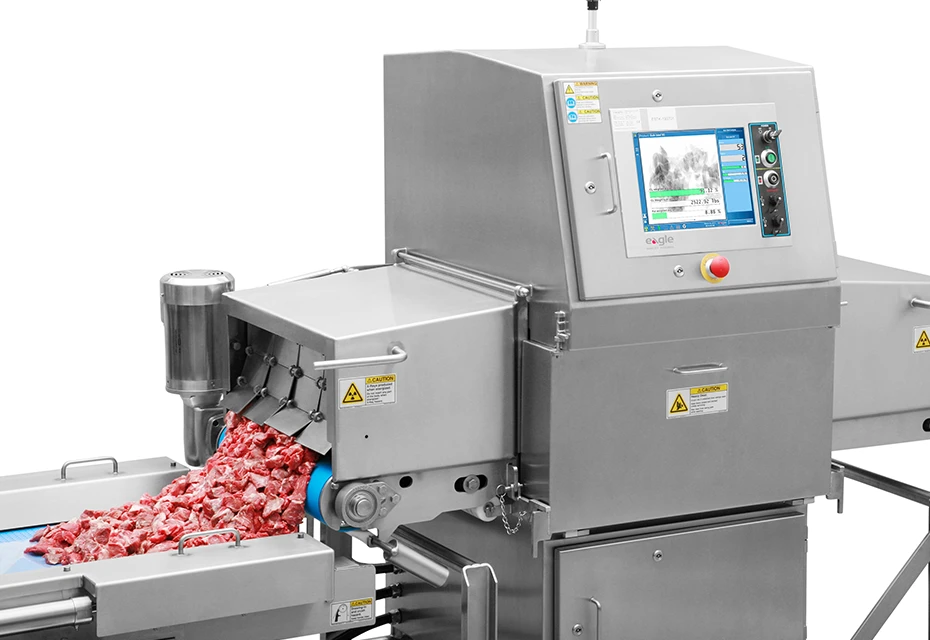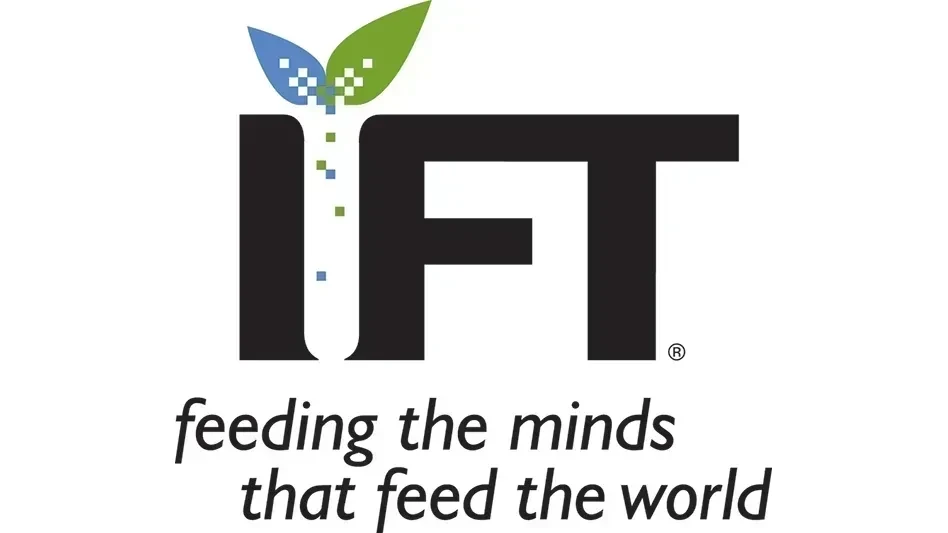
1. Why is chemical composition important when selecting sanitation products for use in food processing environments?
When choosing a sanitizer for your facility, it is important to look at the formula. Depending on your facility’s needs, you may choose a surface sanitizer composed of alcohol, quaternary ammonia, a combination of the two or another chemical completely. Some food processing facilities have chemical restrictions that are put into place for various reasons — perhaps a chemical can interfere with the food production process. Whatever the reason may be, it is crucial for facilities to understand which chemicals are approved for use in their facility.
2. How do the chemical properties and application of sanitation products impact their ability to eliminate different types of pathogens?
When choosing a sanitizer, look for one that has kill claims against the pathogens your facility cares about. It is important to understand the application for these claims, as well. Listeria, for example, is a hard-to-kill pathogen that can easily hide and thrive, especially in hard-to-reach areas. Listeria can be spread through cross-contamination from hands, footwear, tools and other high-traffic areas in the plant, making it crucial to have sanitation products with kill claims against this sneaky pathogen. Best Sanitizers, Inc., offers products and solutions such as the Alpet® branded line of hand soaps, hand sanitizers and surface sanitizers to help food processors reduce Listeria and other pathogens in their facilities.
3. What are the potential risks associated with using improper chemicals and equipment, and how can a better understanding of your specific sanitation needs help mitigate these risks?
Using ineffective sanitation chemicals and equipment can help lead to cross-contamination in the facility. Pathogens are spread through cross-contamination, which can lead to contaminated surfaces, equipment and, worst of all, product recall. Reducing the risks of a recall not only saves a company money, but it helps keep our nation’s food supply safe.
4. How does product chemistry prevent chemical residues from contaminating food?
Choose a surface sanitizer that is manufactured in a cGMP, FDA and EPA/FIFRA compliant facility to help ensure you’re using a quality product in your facility. An alcohol- or quat-based formula such as Best Sanitizers’ Alpet®D2 and Alpet® D2 Quat-Free Surface Sanitizer are ready-to-use formulas that are highly evaporative. They do not require a rinse and leave no unsightly residue behind.
5. Which sanitation products would you recommend for food processors?
Best Sanitizers, Inc., Alpet® line is manufactured specifically for food processors, making it a great fit for food processors or any FDA-regulated facility. Best Sanitizers, Inc., has been supporting food processors for over 28 years. Some manufacturers create products for other industries, such as health care, and then try to remarket them as suitable for food processing. Food safety is our priority, and we train our team members to understand the unique needs of food processing as well as formulate our products with food processing in mind. If your facility needs improved sanitation procedures, Best Sanitizers’ regional sales managers can perform an onsite consultation to provide the best guidance for your facility.
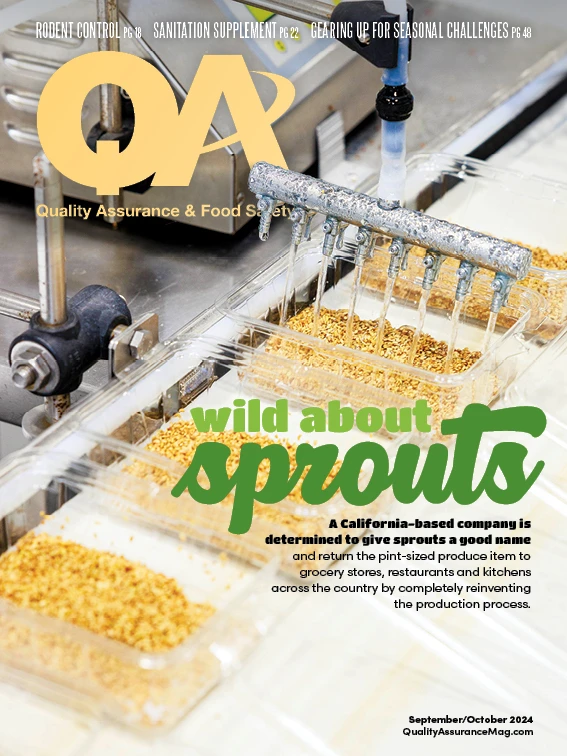
Explore the Sept/Oct 2024 Issue
Check out more from this issue and find your next story to read.
Latest from Quality Assurance & Food Safety
- IDFA Presents Leadership Award to Six Federal Officials at Annual Celebration of Dairy Reception
- Seeding The Future Global Food System Challenge is Changing Lives: Winners Reflections
- Raw Farm Products Recalled Following Bird Flu Virus Detections
- FDA Issues 2024 Voluntary National Retail Food Regulatory Program Standards
- GSA Launches Assurances Platform, Prism and Webinar Series in Partnership with Wholechain
- Multistate E. coli Outbreak Linked to Iceberg and Romaine Lettuce Blend
- FDA, USDA Seek Information About Food Date Labeling
- William Marler, Food Safety Advocate and Lawyer, Condemns Lack of Safety of U.S. Food Supply
